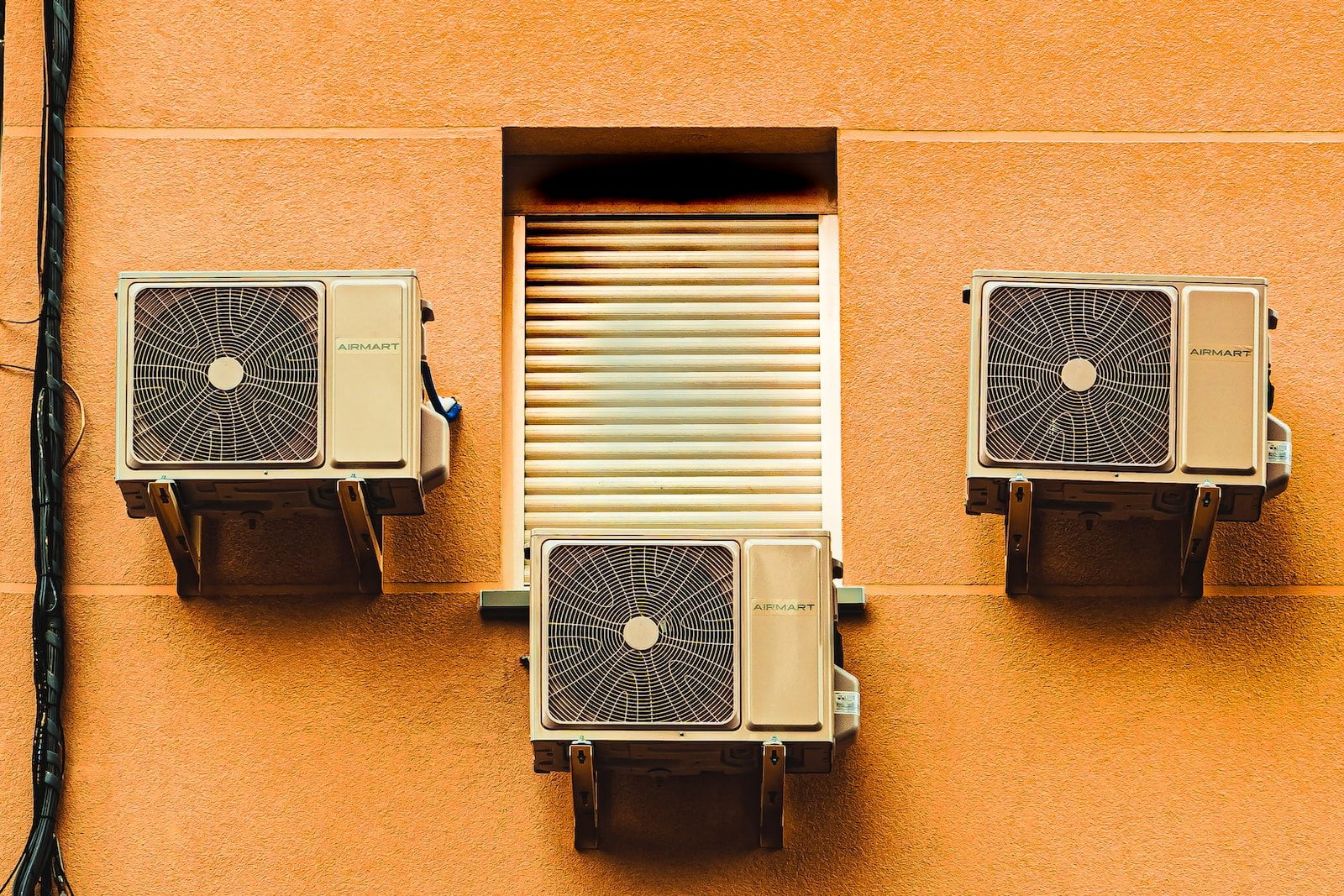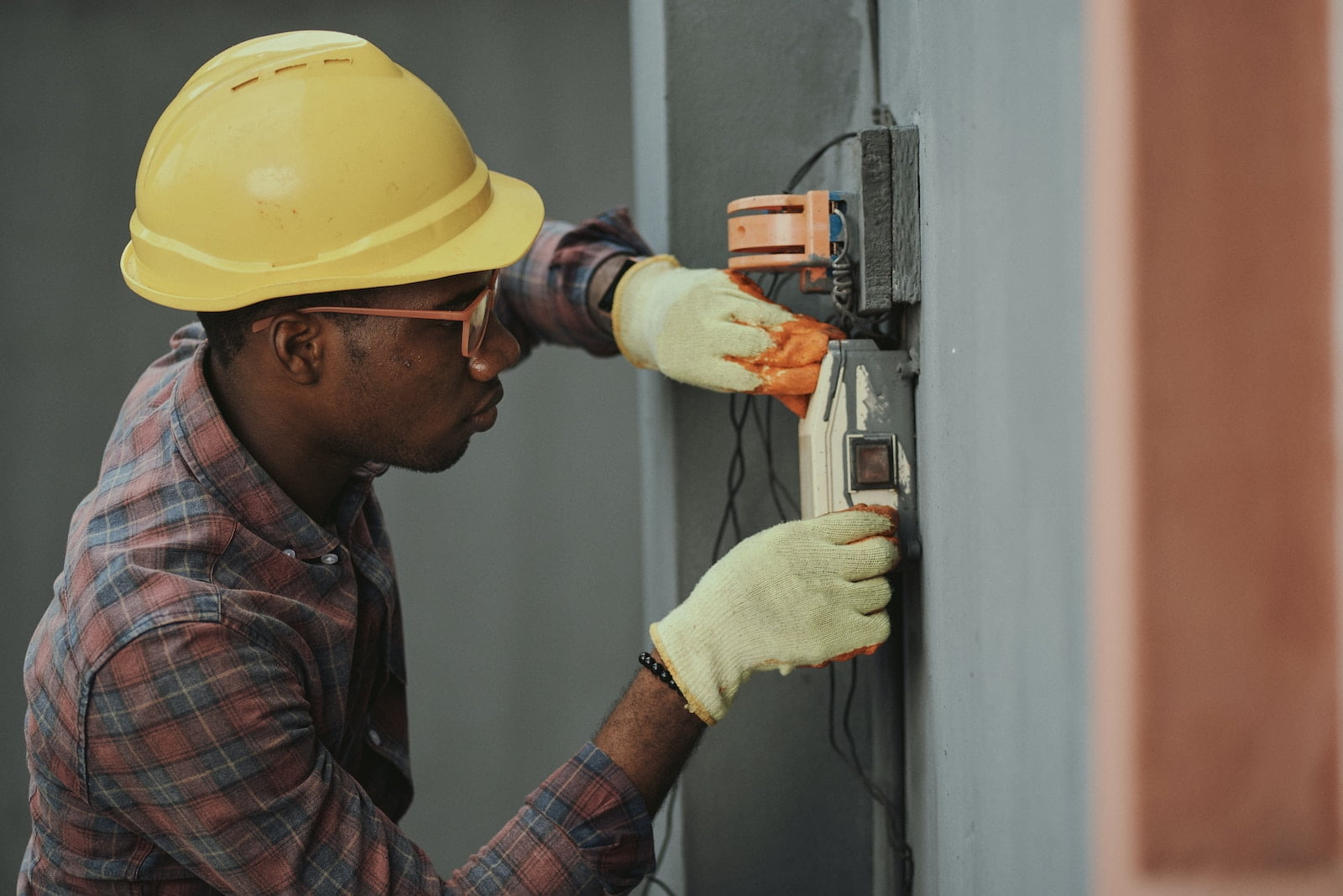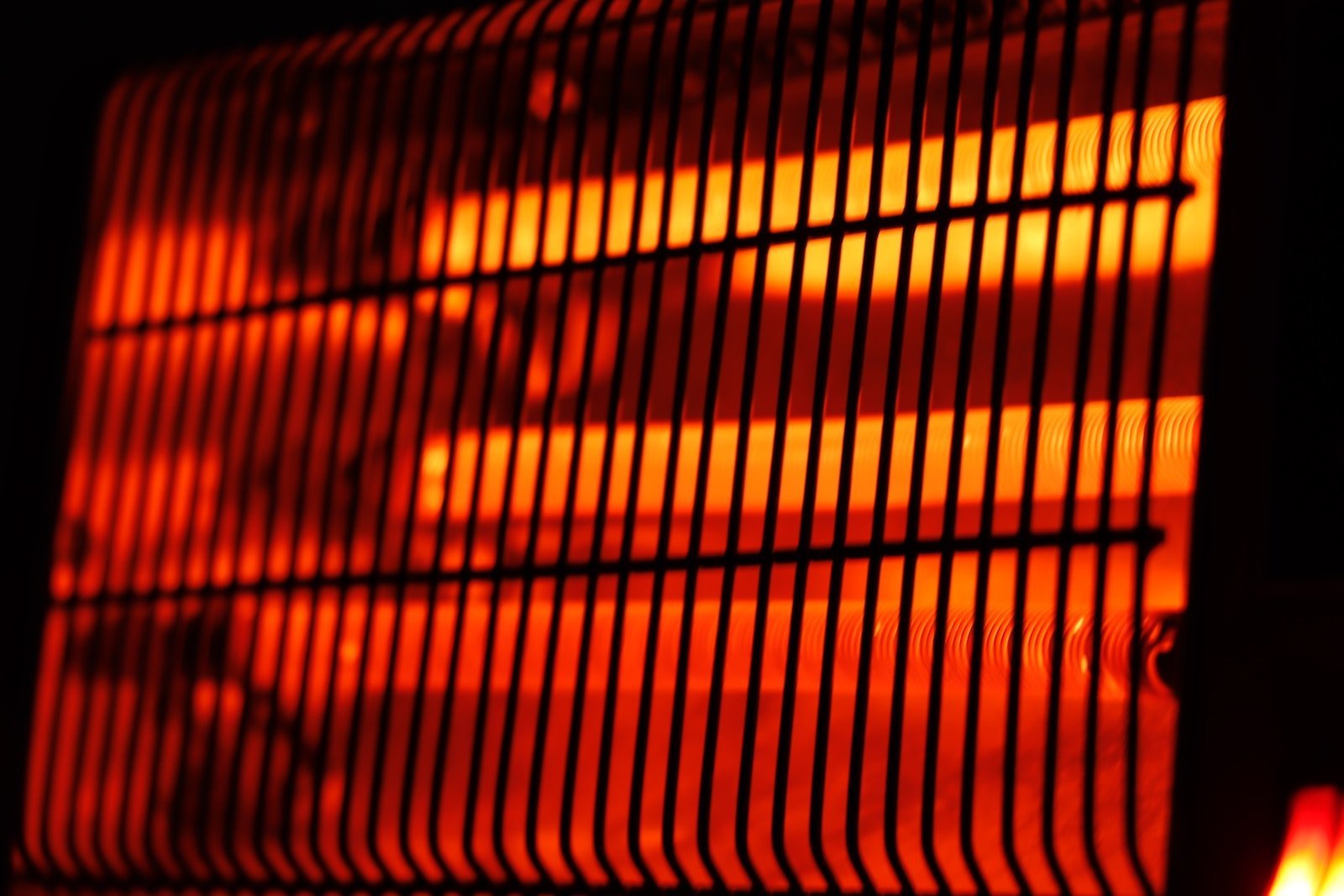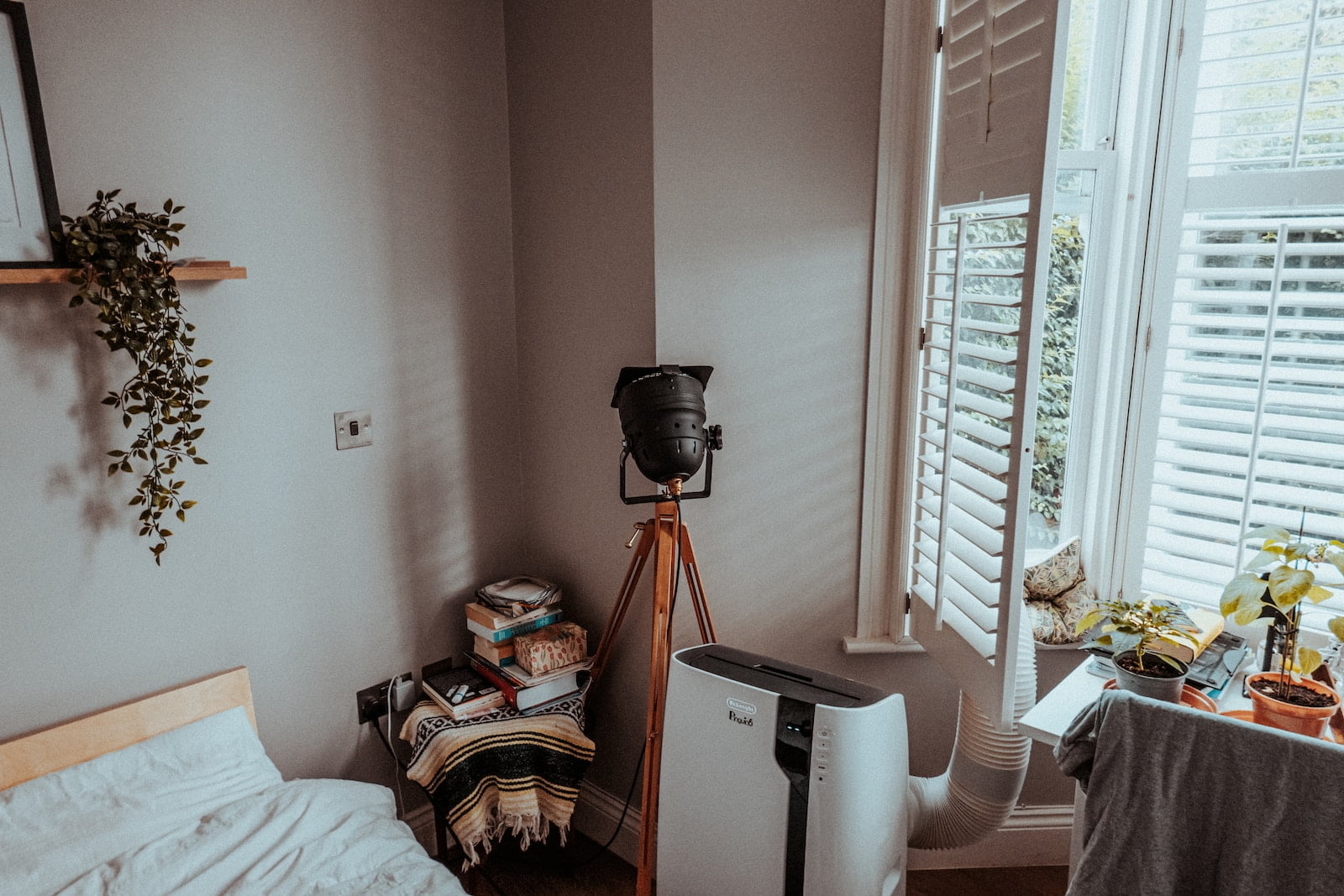Most Common AC Problems to Troubleshoot
As homeowners, we rely heavily on our air conditioning systems to keep us cool and comfortable during the hot summer months. However, like all appliances, AC units can experience problems and malfunctions that can disrupt our daily lives. These problems can range from minor issues such as clogged filters to major problems like compressor failure. In this article, we will provide an introduction to some of the most common AC problems that homeowners may encounter and offer tips on how to troubleshoot and fix them.
First and foremost, it is important to understand that regular maintenance and upkeep of your AC unit can help prevent many common problems from occurring. However, even with proper maintenance, issues can still arise. Some of the most common AC problems include refrigerant leaks, frozen coils, faulty thermostats, and electrical issues. Each of these problems can cause your AC unit to malfunction and fail to cool your home properly.
Fortunately, many AC problems can be easily diagnosed and fixed with the help of a professional HVAC technician. In this article, we will provide tips on how to identify and troubleshoot these problems, as well as offer advice on when it may be time to call in a professional. By understanding the common AC problems that homeowners face, you can take steps to keep your unit running smoothly and avoid costly repairs in the future.
How to Troubleshoot Low Refrigerant Levels
When the refrigerant level in your air conditioning system is low, it can cause a number of issues, including reduced cooling performance and increased energy bills. To troubleshoot this problem, you’ll need to start by identifying the signs of low refrigerant levels. These may include a decrease in the amount of cool air coming from your vents, a hissing or bubbling sound coming from the AC unit, and ice forming on the evaporator coil.
If you suspect that your refrigerant levels are low, the first step is to check the pressure of the system. This can be done using a pressure gauge, which can be purchased at most hardware stores. If the pressure is too low, you may need to add more refrigerant to the system. However, it’s important to note that adding refrigerant is not always the solution. In some cases, the low refrigerant levels may be caused by a leak in the system, which will need to be repaired before adding more refrigerant.
Another possible cause of low refrigerant levels is a clogged air filter. If the filter is dirty, it can restrict the flow of air through the system, which can cause the evaporator coil to freeze up and reduce the amount of refrigerant in the system. To troubleshoot this issue, simply replace the air filter and see if the problem goes away.
In conclusion, low refrigerant levels can be a frustrating problem, but with a little troubleshooting, you can often identify and fix the issue yourself. By checking the pressure of the system, looking for signs of a leak, and replacing a clogged air filter, you can help ensure that your air conditioning system is running at peak efficiency and keeping your home cool and comfortable all summer long.
Dirty Air Filters and Their Impact on AC Performance
Moreover, dirty air filters can have a significant impact on the performance of your AC unit. When air filters become clogged with dust, dirt, and other debris, they restrict the airflow to your air conditioning system. This means that your AC unit has to work harder to circulate cool air throughout your home, which can lead to increased energy consumption and higher utility bills. In addition, a dirty air filter can cause your AC unit to overheat, which can result in a breakdown and costly repairs. To avoid these issues, it’s important to replace your air filters regularly and keep them clean. Most experts recommend changing your air filters every one to three months, depending on usage and the type of filter you have.
Electrical Issues: Faulty Wiring and Blown Fuses
If you’re experiencing electrical issues in your home, it’s essential to address them quickly to avoid potential safety hazards. Faulty wiring and blown fuses are two common electrical problems that can cause significant damage to your home’s electrical system. Faulty wiring can lead to electrical fires, while blown fuses can cause power outages and damage to your electrical appliances.
One of the most common signs of faulty wiring is flickering lights or outlets that don’t work correctly. If you notice any of these signs, it’s crucial to call a licensed electrician to inspect your home’s electrical system. The electrician will be able to identify any issues with your wiring and make the necessary repairs to ensure your home is safe.
Blown fuses are another common electrical issue that can cause problems in your home. If you notice that your lights or appliances are not working correctly, it could be due to a blown fuse. When a fuse blows, it cuts off the electrical current to the affected area, preventing any further damage. However, it’s essential to replace the blown fuse as soon as possible to restore power to your home.
In conclusion, electrical issues such as faulty wiring and blown fuses can cause significant damage to your home’s electrical system. If you notice any signs of these issues, it’s crucial to call a licensed electrician to inspect your home and make any necessary repairs. By addressing these issues promptly, you can ensure the safety and functionality of your home’s electrical system.
Frozen Evaporator Coils and How to Fix the Problem
If you notice that your air conditioning unit isn’t cooling your home like it used to, it may be due to frozen evaporator coils. This problem can occur when there is a lack of airflow over the coils, causing moisture to build up and freeze. Fortunately, there are a few simple steps you can take to fix this issue.
First, turn off your air conditioner and let the evaporator coils thaw out. This may take several hours, so be patient. While you’re waiting, check your air filter and replace it if it’s dirty or clogged. A dirty air filter can cause restricted airflow and contribute to frozen coils.
Next, inspect your air ducts to ensure they are not blocked or obstructed. If you find any obstructions, clear them out to improve airflow. You may also want to check your vents and make sure they are open and unobstructed.
Finally, consider having your air conditioning unit serviced by a professional. A technician can inspect your system for any underlying issues that may be contributing to frozen evaporator coils. They can also clean and tune up your system to ensure it’s running efficiently.
In conclusion, frozen evaporator coils can be a frustrating problem for homeowners, but it’s a problem that can be fixed. By following these simple steps, you can get your air conditioning unit back up and running efficiently in no time.






